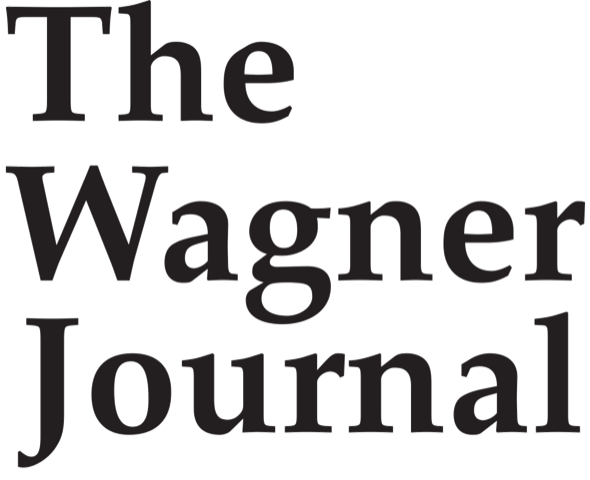The Wagner Journal
Arnold Whittall, From Wagner to Boulez: A Modernist Trajectory
Arnold Whittall, From Wagner to Boulez: A Modernist Trajectory
Couldn't load pickup availability
November 2015, Volume 9, Number 3, 42–53.
For Wagnerians with little interest in contemporary music, Pierre Boulez’s name will be associated primarily with Patrice Chéreau’s once notorious, now celebrated centenary production of the Ring cycle at Bayreuth in 1976. Ten years before that, in 1966, Boulez had worked with Wieland Wagner on a production of Alban Berg’s Wozzeck in Frankfurt. Three years earlier still, in Paris in 1963, Wozzeck had been the first opera Boulez conducted, a very 20th-century introduction to a musical genre that the radical young musician had up to then been inclined to dismiss with an intransigent scorn that could have had something to do with his often mundane but invaluable practical experiences as music director for the Renaud–Barrault theatre company between 1946 and 1956. During that decade he had advocated an aggressive aesthetic inspired by the theatre of Antonin Artaud, composing works of concentrated vehemence – although, as Paul Griffiths has pointed out, Le Marteau sans maître (1952–4) showed that an ‘Artaudesque violent modernity could, contra Artaud, assume a classic form’. It therefore embodies those polar tensions within modernity between the classical and the modernist which Boulez has engaged with in all aspects of his musical life.
